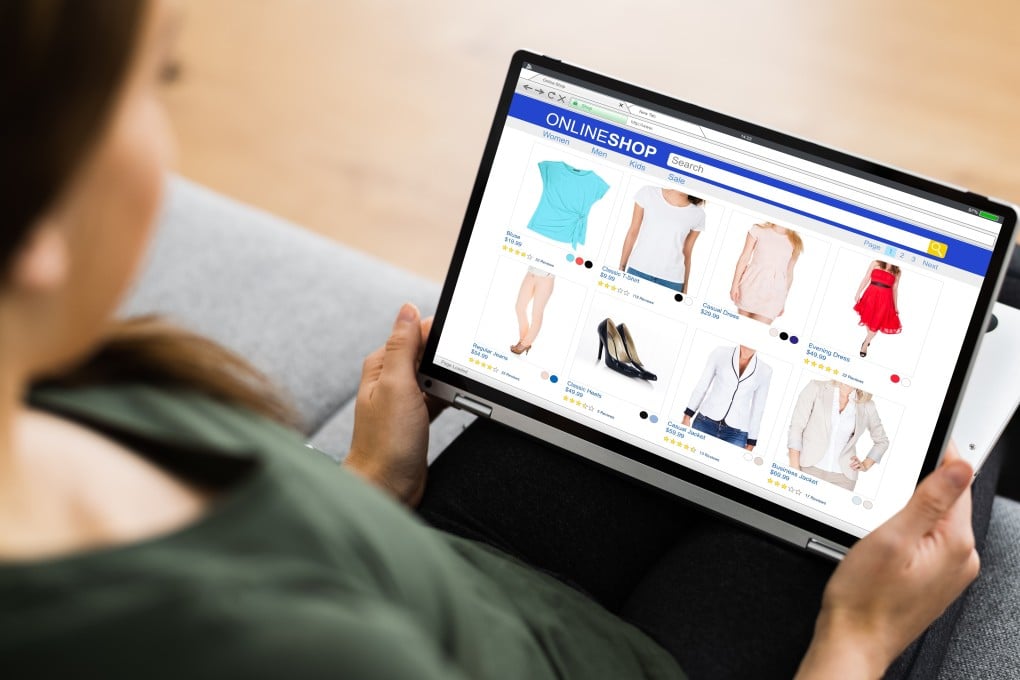Opinion | Online shopping booms in Southeast Asia but buyers may be one click away from organised crime
- Asean has long been a fertile hub for counterfeit products, partly due to its proximity to China, which is the world’s largest manufacturer and consumer of fake or illicit goods
- Legitimate businesses have been forced to adapt to changing rules and protocols because of the coronavirus pandemic, but black market operators ignore such controls

Whether they’re using Bukalapak, Carousell, Lazada, Shopee or Tokopedia, most shoppers have their personal favourites. A few clicks and a blouse is delivered. Or maybe an exercise bike to stay fit at home.
Of course, most online shopping relates to legal and healthy products, but there is also a lucrative trade in illicit goods. The list is long and colourful: electronic cigarettes, synthetic drugs, counterfeit medicine – even toys that have not been subject to safety testing. While governments have been distracted by the pandemic, criminals have taken advantage of this thriving and poorly policed online marketplace.
Asean has long been a fertile hub for counterfeit products, partly due to its proximity to China, which is the world’s largest manufacturer and consumer of fake and illicit goods.
A 2019 report by the United Nations Office on Drugs and Crime valued the region’s trade in counterfeit goods, excluding fraudulent medicines, at US$35.9 billion annually. The online market for these goods was valued at US$260 million per year.
These numbers have likely surged as a result of the pandemic and the recent e-commerce boom in Southeast Asia, where the market is forecast to be worth US$300 billion by 2025, according to a 2019 study by Google and Temasek, before Covid-19 further propelled online retail demand.
The EU-Asean Business Council last November published a paper about the effects of the pandemic on Southeast Asia’s online black markets. It noted that sites such as Carousell and others have already been earmarked on the US Trade Representative’s Notorious Markets List for counterfeiting and piracy.

